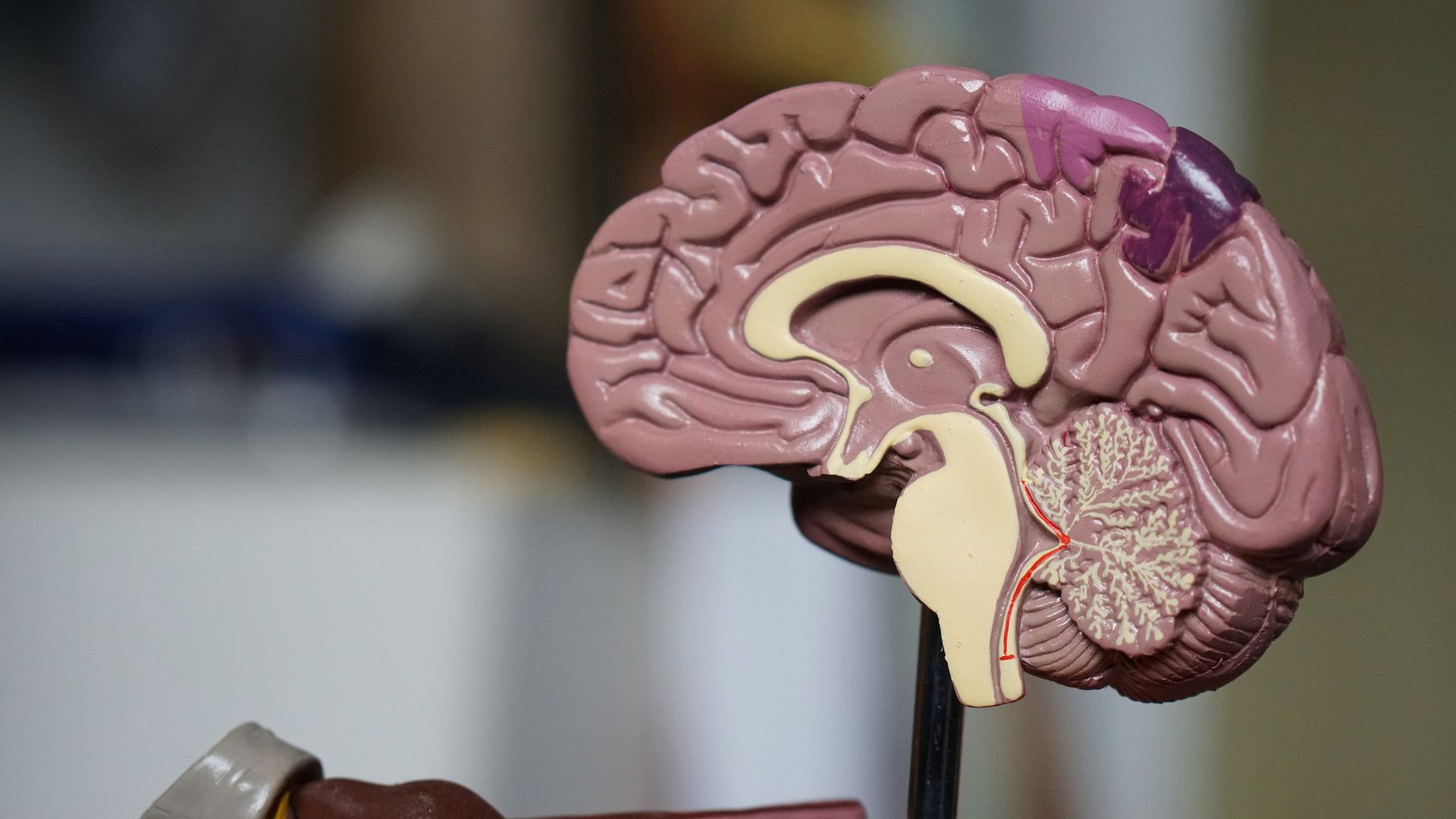Mitochondrial Coupling: Key to Combating Cognitive Decline
Discover how E-TCmito, a newly identified mitochondrial mechanism, connects neuronal activity to energy production and offers hope for treating cognitive decline.
The Role of Mitochondria in Brain Health
Mitochondria are essential for powering neurons, producing energy in the form of adenosine triphosphate (ATP) through oxidative phosphorylation (OXPHOS). However, as mammals age, the brain’s mitochondrial metabolism efficiency declines, which severely impacts neuronal function. This decline disrupts energy production and contributes to oxidative stress, creating a feedback loop of mitochondrial dysfunction that worsens cognitive impairment.
E-TCmito: A Novel Coupling Mechanism
Recent research by Wenwen Li and colleagues has uncovered a groundbreaking mechanism, Excitation-Mitochondrial DNA Transcription Coupling (E-TCmito), that bridges neuronal activity with mitochondrial function. Unlike traditional excitation-transcription coupling, which primarily occurs in the cell nucleus, E-TCmito specifically governs mitochondrial DNA transcription.
This coupling mechanism is crucial for maintaining synaptic and mitochondrial health. However, its effectiveness diminishes with age, which can lead to cognitive decline. When researchers enhanced E-TCmito function in aging mice, they observed improved cognitive performance, providing hope for developing therapeutic interventions for age-related brain disorders.
Mitochondrial Cognitive Connection: Implications for Aging and Disease
The discovery of E-TCmito sheds light on how mitochondrial dysfunction contributes to neurodegenerative conditions such as Alzheimer’s and Parkinson’s diseases. By targeting this mechanism, scientists may develop treatments that not only mitigate age-related cognitive decline but also improve mitochondrial health.
As Deniz Bingul and Scott Owen noted in their related Perspective, this research offers a promising pathway for addressing the mitochondrial dysfunction central to many neurocognitive disorders. By combining innovative tools, physiology studies, and behavioral experiments, Li et al. have identified a mechanism that could redefine how we approach aging-related brain diseases.
Future Directions: Treating Cognitive Decline
The findings on E-TCmito pave the way for targeted therapies aimed at enhancing mitochondrial function in aging brains. Scientists now have an opportunity to explore potential interventions that could mitigate oxidative stress, restore synaptic health, and improve cognitive outcomes in aging populations.
With further research, E-TCmito may become a cornerstone in combating neurodegenerative






